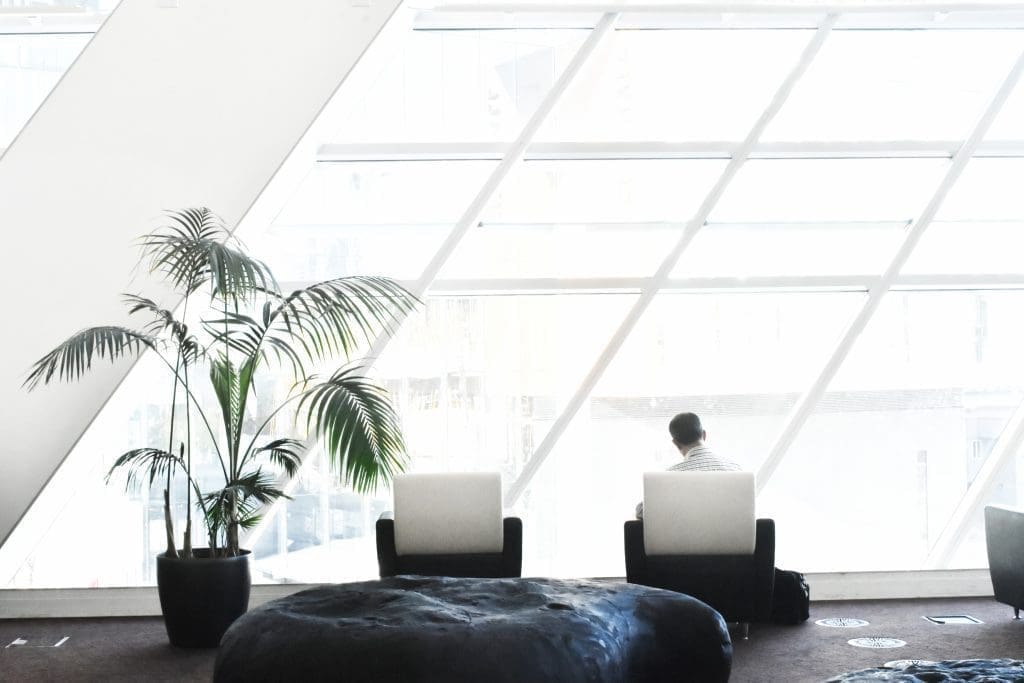Land and Costs for Investing in Lebanon’s Medical Cannabis Industry under the new Medical Cannabis Law
In April of 2020, the Lebanese Government legalized the use of cannabis for medical purposes. In this article, we discuss some of the practical expectations regarding the investment dynamics in the current Lebanese environment and under the new Law.
The currently fertile land in Lebanon for the growth of cannabis is expected to be between 5,000 to 6,000 acres. It is also expected that the landmass for the legal cultivation of cannabis would increase beyond 6,000 acres as the cultivation of medicinal and industrial cannabis expands in Lebanon.
The cost of setting up factories for the manufacturing of cannabis varies from country to country. No factories are currently established and/or operational for the manufacturing of medicinal cannabis in Lebanon, given the fact that the legislation was passed a few months ago and no licenses have yet to be granted by the Authority for Cannabis Cultivation for Medical and Industrial Use (the authority that will be overseeing the industry in Lebanon). However, we can make a distinct comparison with factories that have been newly established in countries that have recently legalized medical and/or recreational marijuana. For instance, a 55,000 square foot laboratory with 24 heat-adjusted production halls in the Canadian province of Québec costs approximately USD 31.6 million. Another plant in Canada, consisting of 14,600 square feet with 11 farming halls that are capable of producing approximately 4,500 kilograms of cannabis per year, costs approximately USD 12 million.
According to a recent study, Lebanon is expected to make a revenue of USD 1 billion by 2025 from the export of cannabis products for medical use. It is expected that Lebanon will be one of the leading competitors in cannabis cultivation due to the excellence of its land and climate and will perhaps produce the best quality medicinal and industrial cannabis in the near future.
When comparing the cost of producing a gram of cannabis, the cost in Canada is USD 1; in Europe, more than USD 0.50; whilst in Lebanon, the cost is expected to fall between USD 0.18 and USD 0.20. The conditions and natural factors of the climate, land, and soil in areas like Baalbek-Hermel are optimal for the production of cannabis and increase the quality significantly. Lebanon will without a doubt be one of the competing countries in cost, production, and quality.
Currently, there are around a dozen pharmaceutical plants in Lebanon. With the passing of Lebanon’s Medical Cannabis Law, some of these plants may be enticed to enter the market for the production of medicinal materials made from the cannabis plant, and other cannabis-related goods. However, as per Article 18(1) of the Lebanese Medical Cannabis Law, these pharmaceutical companies must obtain prior approval from the Ministry of Public Health in order to obtain a license. Similarly, for a farmer/owner/tenant to obtain a license for the cultivation of cannabis, they must abide by the requirements set out in Article 18(5) of the Lebanese Medical Cannabis Law. This Article stipulates that the individual must be a Lebanese natural person residing in Lebanon, who is at least twenty-one years old. Both the farmer/owner/tenet and the pharmaceutical companies must obtain a Good Agriculture and Collection Practices Certificate (“GACP Certificate”) and a Good Storage Practices Certificate (“GSP Certificate”); additionally, the pharmaceutical company will also have to obtain a Good Manufacturing Practices Certificate (“GMP Certificate”).
Along with the pharmaceutical companies and the Lebanese farmers/owners/tenets, there are four other classes that are eligible for one of the nine licenses that will be made available at the start of 2021. Article 18 of the Lebanese Medical Cannabis Law specifies these other classes like the following: (1) Lebanese industrial companies approved by the Ministry of Industry for the manufacture of fibers for industrial use, oils, extracts, and preparations in which the cannabis is included (i.e., cosmetic products, tires, etc.). (2) Foreign companies specialized in the field of agriculture, industry, storage, export, marketing, or that have a license from the country to which they belong to carry out the operations specified in the license they obtain, and who shall undertake foreign investment into Lebanon through local manufacturing. (3) Agricultural cooperatives duly established in Lebanon, which have the capacity to respond and adapt to the licensing requirements specifically for the agricultural aspect; these cooperatives will also have to obtain a GACP and a GSP Certificate. (4) Recognized research centers, laboratories, and institutes, provided they have the professional and scientific qualifications that require specialization to use the substances under supervision.

